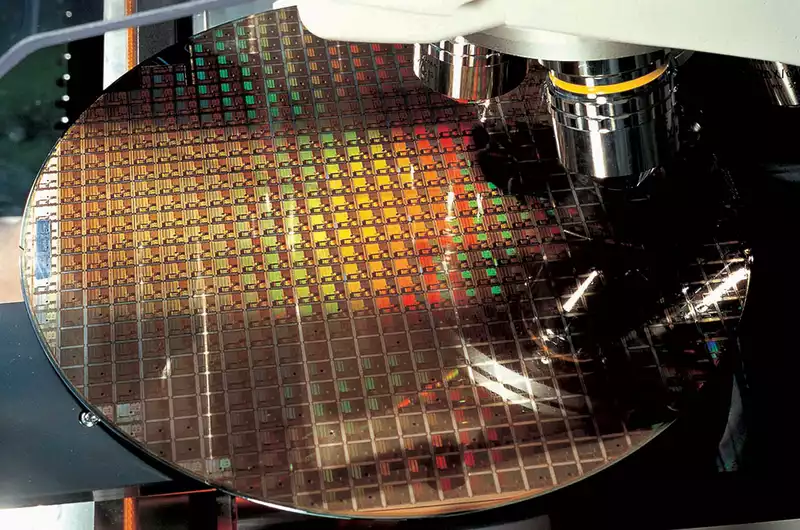TSMC is reported to be saying that Intel's potential new chip orders are nothing more than short-term. Despite rumors yesterday that Intel had placed a relatively large order with the Taiwanese chipmaker, industry sources speaking to DigiTimes today suggest that there will be no change in TSMC's manufacturing capacity.
CommercialTimes' initial report claimed that Intel had ordered 180,000 wafers based on the advanced 6nm process (an optimization of the 7nm design) after announcing that its manufacturing facilities had run into problems at the Intel 7nm node. However, DigiTimes now reports that TSMC has no intention of adding production capacity to address Intel's renewed interest in partnering with TSMC for chip manufacturing. According to
, "TSMC will not make any extra effort to respond to the CPU giant's orders, even if they come in, as it does not believe these orders are long term." As with the Intel/TSMC production rumors that have been flying around for the past few years, this rumor must be treated with caution. After all, no official confirmation has been received from either Intel or TSMC.
According to a translation of a DigiTimes article by @chiakokhua, TSMC views Intel's outsourcing order as a one-time "relief" order with an uncertain quantity and is "not as optimistic as outsiders about Intel's outsourcing plans. Intel itself called such outsourcing efforts "contingency planning" in a recent earnings call, so it makes sense that TSMC would remain cautious.
DigiTimes notes that the new 6nm order is for the upcoming Ponte Vecchio GPU, an Intel Xe-based architecture for the server market, and that Intel has a large amount of GPUs needed to power the U.S. government supercomputer, Aurora Intel has indicated that it has a large number of GPUs needed to power the U.S. government's Aurora supercomputer. This is scheduled for delivery in 2021, and by using TSMC as a short-term band-aid for its own manufacturing problems, the company will be able to fulfill the contract without taking a major hit. You don't want to anger the U.S. government, though. .......
If the rumored outsourced order is specifically for GPUs for Intel's supercomputers, that makes perfect sense; TSMC has a lot of experience producing graphics silicon, and Intel needs to produce them quickly. It also explains why Taiwanese foundries are not as excited about the potential for future orders as market watchers think.
After all, Intel seems to think that the 7nm problem is just a glitch, that it has been identified, and that it is only a 6-month delay from the original roadmap. If this is true and there are no further delays or yield issues as there were with the 10nm node, then Intel will continue to bring manufacturing in-house as much as possible.
However, this highlights how effective it is to use external foundries, as AMD is currently doing. It also shows why Intel needs to continue down the path of separating its architecture from its process nodes. Given the latest restructuring of Intel's management team, that appears to be exactly what is happening.


Comments